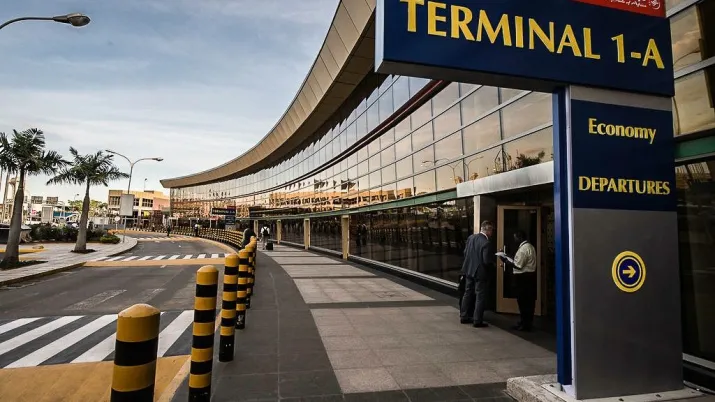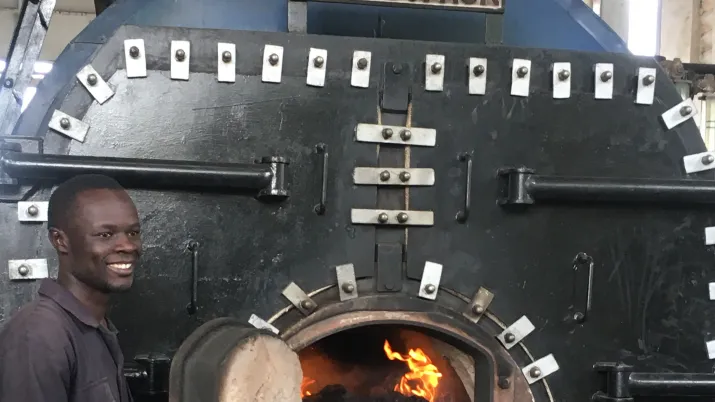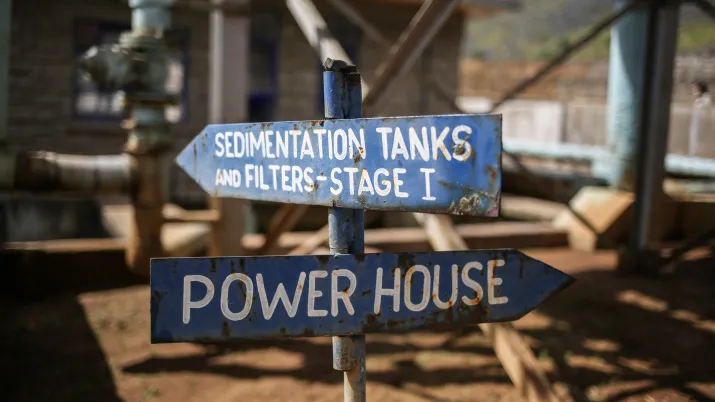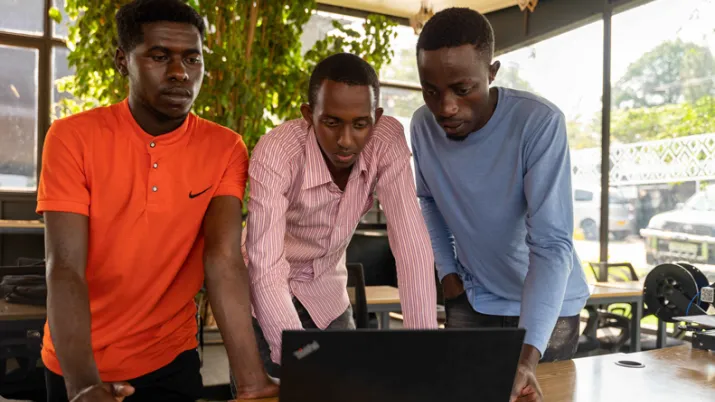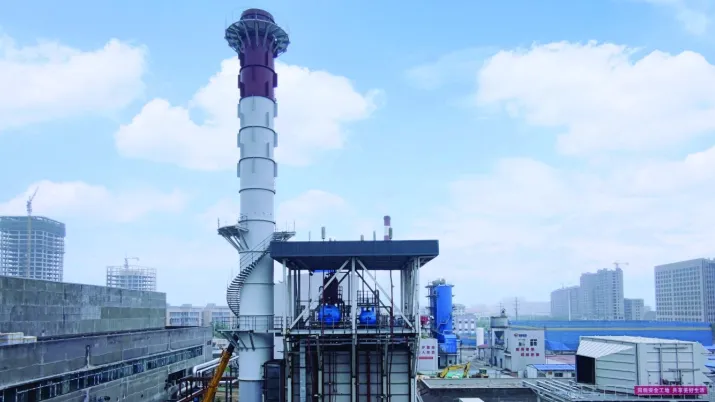Share the page
KENYA: KISIP 2, Second slum improvement program
Project
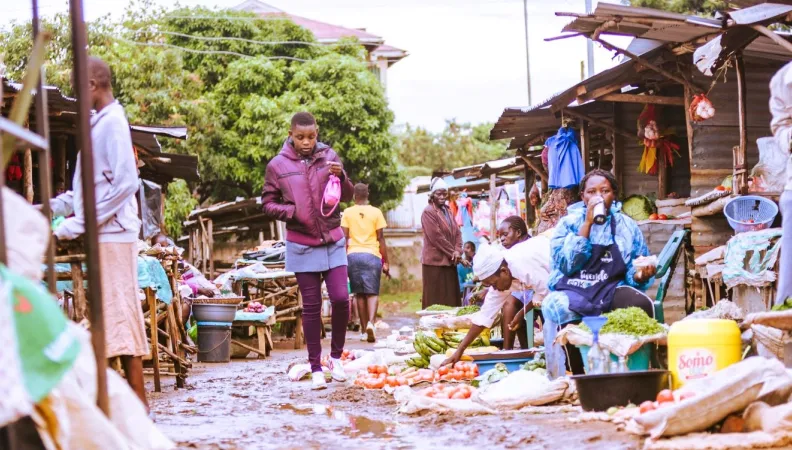

-
Project start date
-
Status
Ongoing
-
Project end date
-
-
Project duration
-
6 years
-
AFD financing amount
-
45 000 000 €
-
Location
-
Kenya
-
Beneficiaries
-
Republic of Kenya, Ministry of Transport, Infrastructure, Housing and Urban Development (MoTIHUD)
-
Type of beneficiary
-
State
The aim of this project is to improve access to basic services, the tenure security of residents in urban informal settlements and strengthen institutional capacity for slum upgrading in Kenya.
Context
Nairobi is the commercial hub of Kenya and the East African Community. The city has experienced rapid growth since independence in 1963 with the population estimated at 5.96 million in 2022.
In the last few decades, The Government of Kenya has been investing heavily in slum upgrading initiatives, one such initiative is the Kenya Informal Settlements Improvement Project (KISIP).
Description
This project KISIP 2, builds on the success of KISIP 1, which improved the living conditions of 1.3 million residents in 14 counties and led to issuing of 125,525 titles and building of 220 kilometers of access roads. KISIP 2 consists of the following components:
Integrated settlement upgrading: financing for activities required to regularize tenure for people living on uncontested public lands and improvement / provision of infrastructure.
Such activities include;
- Development of local physical and land use development plans, including socio-economic survey and planning to facilitate Improvements.
- Surveying with physical placement of beacons to demarcate the parcels according to the local physical development and land use plan.
- Preparation and issuance of letters of allotment based on the survey plan and issuance of titles.
- Improvements in infrastructure and services – roads, drainage, sewer, lighting, water etc.
Socio-economic inclusion planning; formulation of community development plans to identify socio-economic needs of the community and determine how the needs can be met. Projects under this component include solid waste management for income generation, open spaces, youth centers, social halls, sports activities etc.
Institutional capacity development for slum upgrading; technical assistance aimed at enhancing the ability of national, county and communities to exercise roles in slum upgrading.
Impacts
This project will:
- Positively transform the lives of 1.2 million residents living in 154 low-income neighborhoods across 33 counties through infrastructural development and strengthen security of tenure.
- Contribute significantly towards better urban planning and management of rapid urbanization in order to end extreme poverty and boost shared prosperity.
- Lead to improved access to urban services, public spaces and socio-community facilities.
- Strengthen national and county institutions to support the scaling up of slum upgrading and prevention processes.
On the same topic






